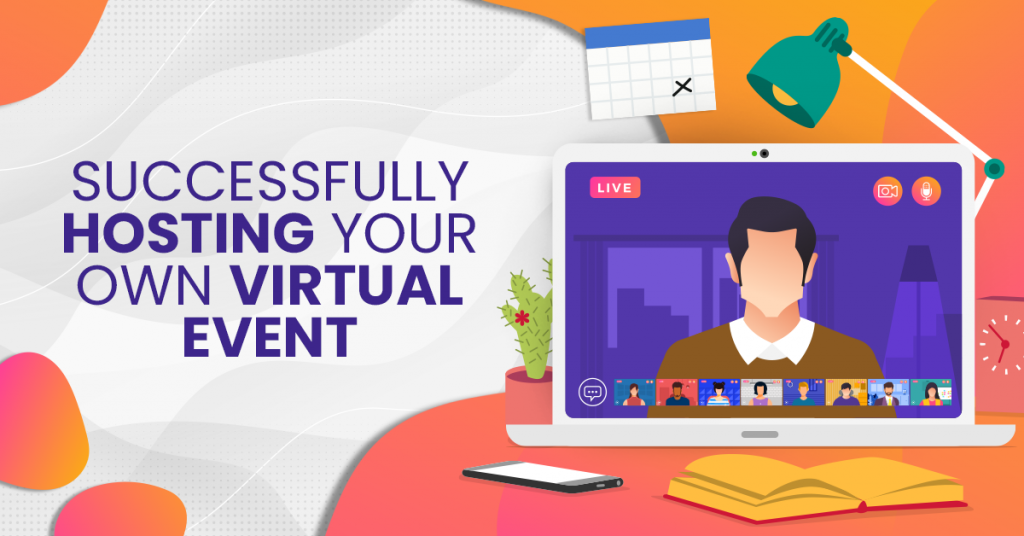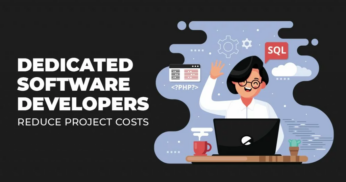
Successfully Hosting Your Own Virtual Event
Whether you’re organizing a webinar, company training, or conference, there’s no denying the fact that the process is different from hosting in-person events. Nevertheless, most teams find themselves with the growing need to maximize the potential of digital events. Are you in the same position? Continue reading to learn how you can host a successful virtual event!
Choosing The Best Platform
Generally speaking, the more specific an organizer’s list of requirements are for a platform, the more likely they are to decide on which platform works best for the digital event. First of all, know beforehand whether your speaker intends to have one-on-one or smaller group discussions. Will it be a one-way presentation or a networking event? Remember that the platform you choose should be accessible to your target audience. For instance, social media giants like Facebook have their own free, live streaming platforms. This allows you to more easily reach your virtual event’s audience given that they are most likely on the platform already.

Source: pexels
Meanwhile, choosing the right platform also means identifying your audience’s preferences. For example, younger audience members may prefer using technologies that are more popularly used on mobile devices due to their convenience. On the other hand, more experienced entrepreneurs will most likely be more appreciative of platforms who prioritize their security. Still, in both scenarios, it’s important to choose a platform that can best cater both your and your participants’ needs. And finally, check the platform’s overall reliability and make sure to look out for platform-specific restrictions beforehand. You may find that some may require a minimum number of participants while others don’t keep records of the event once it ends.
Marketing Your Event
Send out email marketing campaigns inviting them to sign up and briefly describing the contents of the digital event. Make sure you take this opportunity to showcase the benefits they’ll gain from attending. You may also further engage them with Q and A sessions that go both ways. For instance, you can begin with asking them about the expectations they have for the virtual event. You can also get their input in advance with polls made to determine their preferences. Similarly, be open to responding to their questions and concerns.
Organizers also have the option of working with a digital marketing agency in the Philippines and promote it on different social media platforms through Social Media Marketing. You can also post occasional updates on your social media profiles as the event transpires. To take it as a step further, you may even livetweet the event. This way, you can keep your followers engaged while simultaneously increasing its visibility. Plus, this even creates interest for your future events. Remember that promoting your business as a whole doesn’t end when your virtual event is done. Showcase highlights from your speakers’ talks on your accounts’ stories.
Source: pexels
Strategies To Keep In Mind For Your Virtual Event
1. Choose a time frame and date suitable for your target audience’s time zone.
This serves true regardless of whether you’re accommodating local or international audiences. However, it’s important to note that scheduling the event is only part of its success. Make sure you have a realistic timeline beforehand that details the steps necessary to thoroughly organize and implement it.
2. Diversify your panelists.
In doing so, these individuals with varying backgrounds can provide their unique, expert insights on the participants’ works. This way, you can expose your audience to a broader range of perspectives.
3. Gamify certain aspects of the virtual event.
For instance, in-app scavenger hunts with incentives can help you promote newer or lesser-known features.
4. Generate reports after every event.
Store records of the email addresses used to sign up and add them to your future mailing lists. Then, keep the conversation going with supplementary material such as follow-up questions for further study.
5. Anticipate any technical issues that might arise.
In addition to securing the best digital platform available to you, make it a point to double check your internet connection’s performance as well. Should your invited speakers be available, invite them to a test run to minimize concerns later on. No matter how foolproof your setup may be, it’s still highly recommended that you remain ready for any unforeseen circumstances.
6. Create a short post-event survey to gather feedback from your audience for future reference.
Include questions that pertain to the platform itself, the quality of the discussions or activities, the content taught and more. Take their responses into consideration when you evaluate your digital marketing, preparation, and event as a whole.
To sum it all up, a digital event consists of multiple parts thoroughly planned out to work well together. With the right combination of your communication platform, marketing media, and organization strategies, you’re essentially maximizing your opportunities for successfully hosting your own virtual event.
Will you be hosting your own virtual event? Let us know which of these tips you’ve found most helpful!

















Comment 0